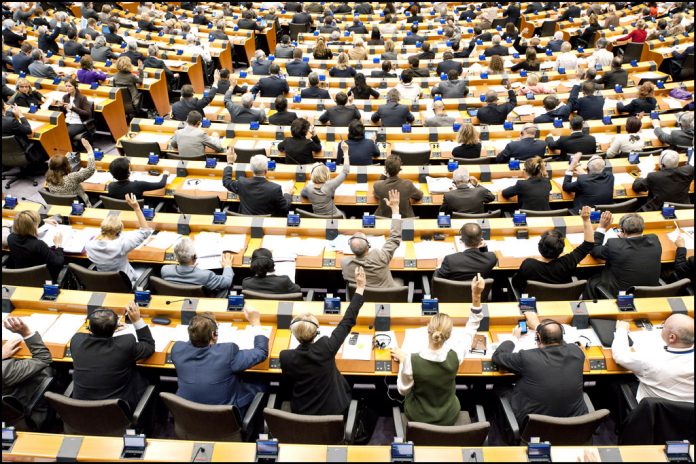The European Parliament needs clearly defined red lines from which to walk away from EU long-term budget negotiations with the Council, which the resolution approved today has failed to establish, Left MEPs have contended.
The resolution, which also addresses a Recovery Plan for the pandemic, rightly rejects the Commission and Council’s attempt to exclude the Parliament from oversight of the recovery and budgetary process. However, it omits concrete and binding proposals, leaving too much in the hands of the Commission and Council to decide.
“We asked specifically for a European Recovery Fund of at least €1.5 trillion, financed through perpetual bonds with zero interest rate, which will use grants, not loans, without any macroeconomic or other conditionalities,” Dimitris Papadimoulis (SYRIZA, Greece) said.
“We call for a much more ambitious long-term EU budget, incorporating major additional appropriations on top of the official European Parliament position of €1 324.1 billion, with increased funding for cohesion, climate, employment, and health in order to respond to the ongoing crisis. We deplore the Commission’s delay in presenting a Recovery Plan and we consider the Eurogroup package of EUR 540 billion as extremely weak and totally insufficient,” he added.
“Even though Parliament’s resolution has several positive elements, which we have supported, it fails to include binding proposals and to set specific red lines on what the Parliament can and cannot accept on the new 2021-2027 EU budget and the Recovery Fund,” Papadimoulis concluded.
The Parliament could have gone further in envisioning a fundamentally different role for the European Central Bank, demanding new wealth and financial taxes and rejecting the Stability and Growth Pact, in light of the pandemic. For José Gusmão (Bloco de Esquerda, Portugal), the Parliament missed a chance to flex its muscle to get a better deal for European citizens:
“There are good principles in the proposal, which we have supported, but not enough binding decisions or clear red lines. In the face of the strong opposition expected in Council, the Parliament’s position had to be clearer and more courageous.
“The resolution fails to put forward binding figures and falls into the trap of ‘financial wizardry’ it criticizes. Bundling up imaginary private investment in the Recovery Fund package is a bad idea, which will turn against the good ones. The European Parliament literally wrote the Commission and Council a blank cheque, paving the way for an insufficient Recovery Fund. The joint resolution has a screaming missing point: the absence of an absolute rejection of conditionality on member states’ policies when accessing the Recovery Fund,” Gusmão concluded.

